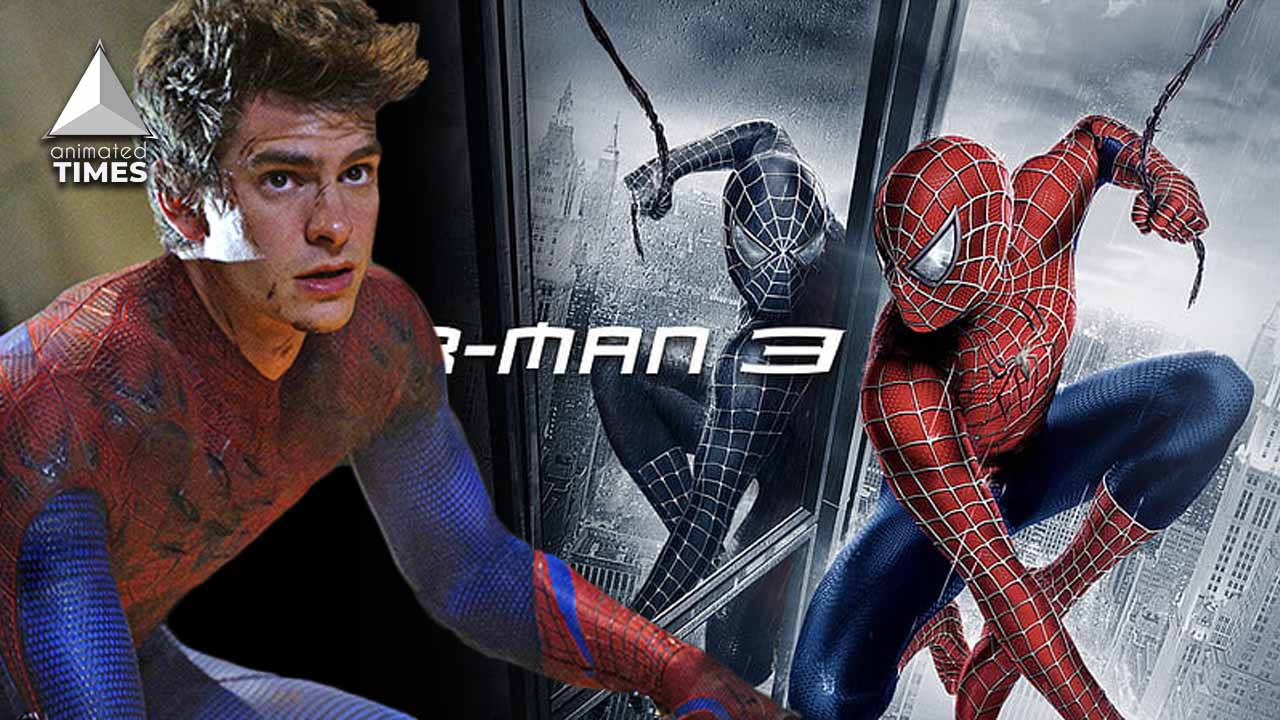Why Sony’s Stuck Rebooting Spider-Man Over & Over Again
No Way Home has surpassed all previous Spider-Man films in terms of box office revenue. However, for the film’s producers, Marvel Studios and Sony Pictures, the path to this next Spider-Man feature has been a rough one. In the 1990s, when Marvel leased the Spider-Man film rights to Sony Pictures, the agreement made sense because Marvel wasn’t yet making movies and their business was primarily focused on producing comic books and toys. Years later, the deal would come back to haunt Marvel, igniting a long battle between Sony and Marvel over who would have creative authority over Marvel’s most popular character.

After seeing The Amazing Spider-Man, casual moviegoers were left wondering what should’ve been the fourth picture in a blockbuster franchise is suddenly a film with an all-new cast, an all-new look, but is essentially the same origin narrative as director Sam Raimi and co. covered in the 2002 Spider-Man. Here’s why –
Why Rebooting Spider-Man?
Only five years after the release of Spider-Man 3, The Amazing Spider-Man swooped into theatres. In terms of cinematic longevity, five years isn’t long enough for most people to forget about a film. So why was it necessary to reboot a popular franchise like Spider-Man so soon?
Marvel Universe Quiz
Related: Oscar Isaac Reveals Major Update Regarding His Spider-Man 2099 In Across The Spider-Verse

For starters, money is one thing. Tobey Maguire was paid $50 million to stay with the Spider-Man franchise for at least two more films after three films – that’s $50 million in the budget simply for the actor to show up. Other major actors in the franchise, such as Kirsten Dunst and director Sam Raimi, would’ve gotten bigger paychecks as well – and Raimi was trying to push for more creative control on Spider-Man 4 after Sony forced him to cram so many story elements into Spider-Man 3 that the film became a horrible mess that most fans consider the worst in the whole franchise.

Sony saved money on actors’ pay by employing emerging stars like Andrew Garfield and Emma Stone; the same logic applied when selecting a filmmaker like Marc Webb ((500) Days of Summer), who effectively got his big break with this film. Sony has every reason (from a financial standpoint) to restart their franchise, with less money committed upfront to employees and a smaller budget for making the film. There’s also the issue of retaining the Spider-Man movie rights. If Sony fails to release a Spider-Man film on a regular basis, the rights will revert to Marvel, who sold them (along with many other character rights) to numerous studios in the 1990s when the comic publisher went bankrupt.





